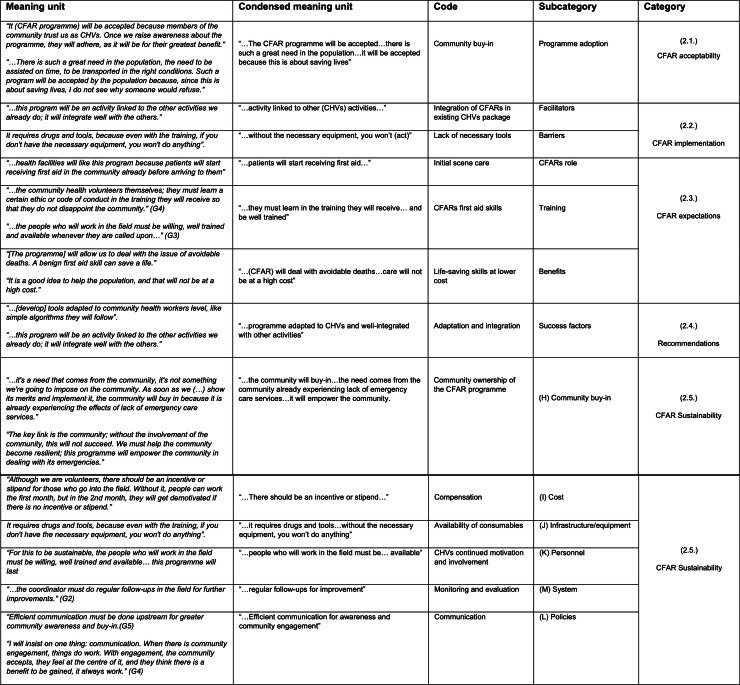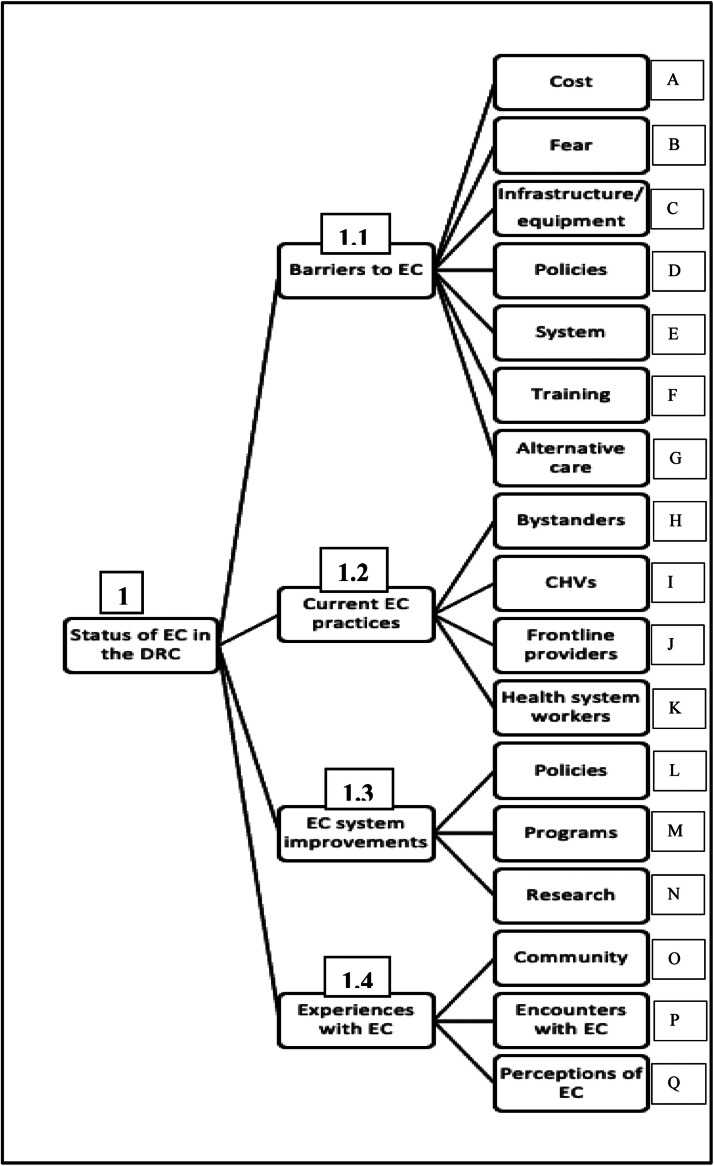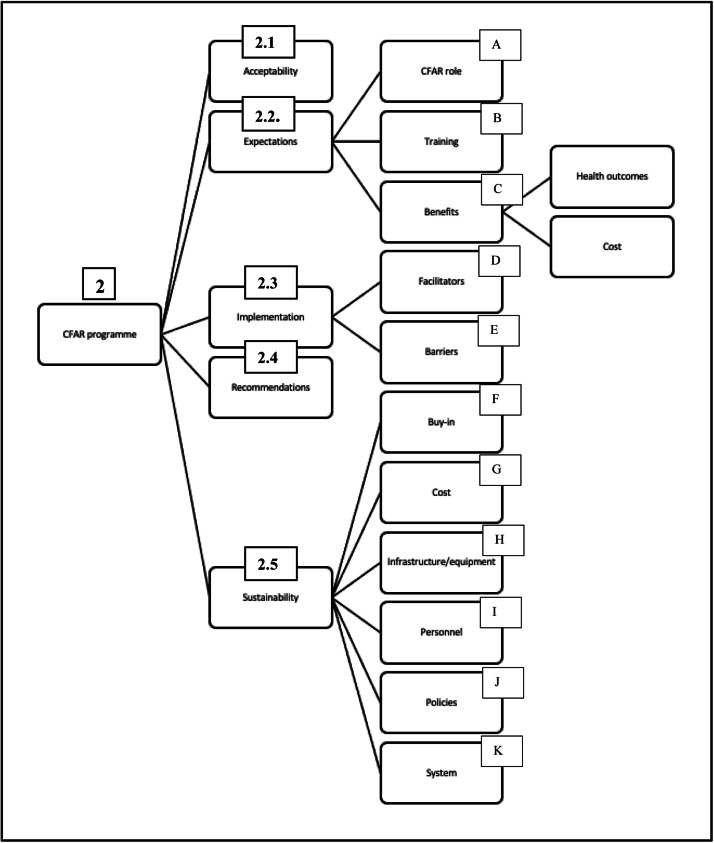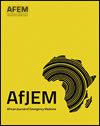在刚果民主共和国金沙萨,提高院外能力的社区急救人员方案的需求评估和可接受性:一项定性研究。
IF 1.2
4区 医学
Q3 EMERGENCY MEDICINE
引用次数: 0
摘要
目的:尽管近年来在低收入和中等收入国家努力扩大院前护理的可得性,但其可得性在许多地区仍然有限。世界卫生组织提倡发展非专业人员急救规划,作为建立有效的院前系统的一个支持性步骤。本研究旨在确定刚果民主共和国金沙萨社区第一响应者方案的必要性和可接受性,以提高院外能力。方法:采用目的性抽样法进行5次焦点小组讨论。我们纳入了城市和城郊地区的卫生系统规划人员、急诊护理提供者、社区卫生志愿者和社区成员。采访被逐字记录和转录,验证,并进行归纳内容分析,以确定主题和次主题。结果:从对社区突发事件的初步反应开始,确定了紧急护理系统的几个方面需要改进。障碍包括规划和治理问题;资源不足,如训练有素的工作人员;成本;运输问题;以及对替代医疗形式的依赖。有一种占主导地位的观点认为,可持续地解决这些障碍并在已确定的促进因素的基础上继续发展,需要采取涉及政府、医疗保健和社区成员的多管齐下的方法。对社区第一反应方案的可接受性和可持续性的看法基本上是积极的,并提出了许多可行的建议。结论:社区第一响应者方案被认为是一种有用和可接受的干预措施,有助于提高金沙萨的院外急救能力。确定了其实施和可持续性的主要潜在促进因素和障碍。本文章由计算机程序翻译,如有差异,请以英文原文为准。



Needs assessment and Acceptability of a Community First Aid Responder programme to increase Out-of-hospital capacity in Kinshasa, Democratic Republic of Congo: A qualitative study
Objective
Despite efforts in recent years to expand the availability of prehospital care in low- and middle-income countries, its availability remains limited in many regions. The World Health Organization advocates the development of layperson first responder programmes as a supportive step in building functioning prehospital systems. This study aimed to identify the need for, and acceptability of, a community first responder programme to increase out-of-hospital capacity in Kinshasa, Democratic Republic of Congo.
Methods
We conducted five focus group discussions using purposive sampling. We included health system planners, emergency care providers, community health volunteers, and community members in both urban and peri‑urban areas. Interviews were recorded and transcribed verbatim, validated, and subjected to inductive content analysis to identify themes and sub-themes.
Results
Several areas of the emergency care system were identified for improvement, starting with the initial response to emergencies in the community. Barriers included planning and governance issues; inadequate resources such as trained staff; cost; transportation issues; and reliance on alternative forms of care. There was a dominant view that sustainably addressing these barriers and building on identified facilitators requires a multi-pronged approach involving government, healthcare, and community members. Perspectives about the acceptability and sustainability of a community first responder programme were largely positive, and numerous actionable recommendations were provided.
Conclusion
A community first responder programme was deemed a useful and acceptable intervention to help increase out-of-hospital emergency care capacity in Kinshasa. Key potential facilitators and barriers to its implementation and sustainability were identified.
求助全文
通过发布文献求助,成功后即可免费获取论文全文。
去求助
来源期刊

African Journal of Emergency Medicine
EMERGENCY MEDICINE-
CiteScore
2.40
自引率
7.70%
发文量
78
审稿时长
85 days
 求助内容:
求助内容: 应助结果提醒方式:
应助结果提醒方式:


